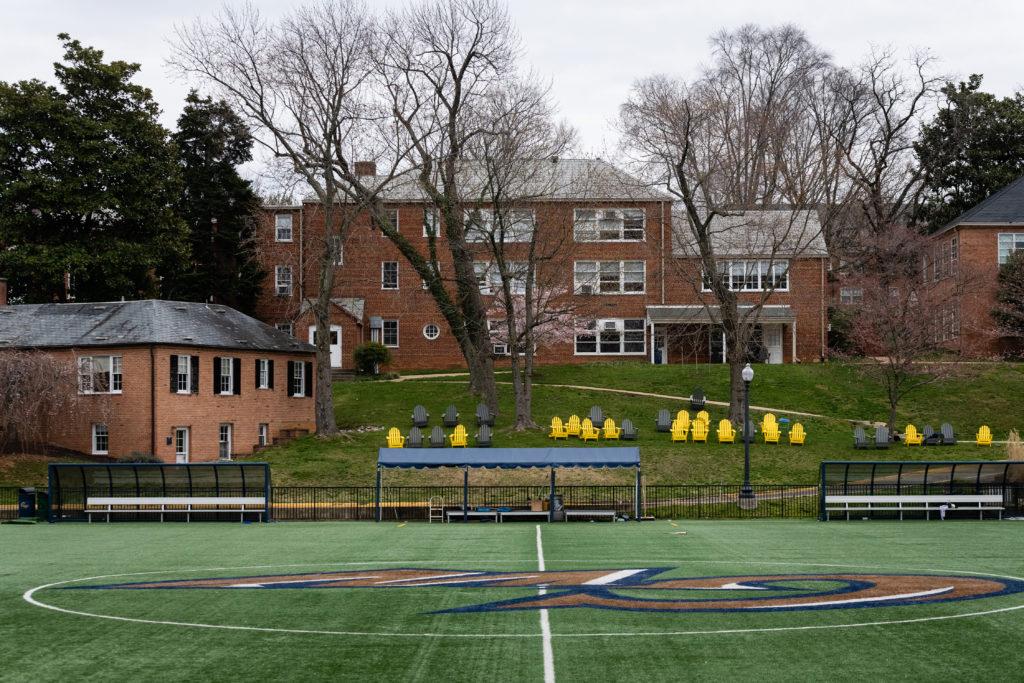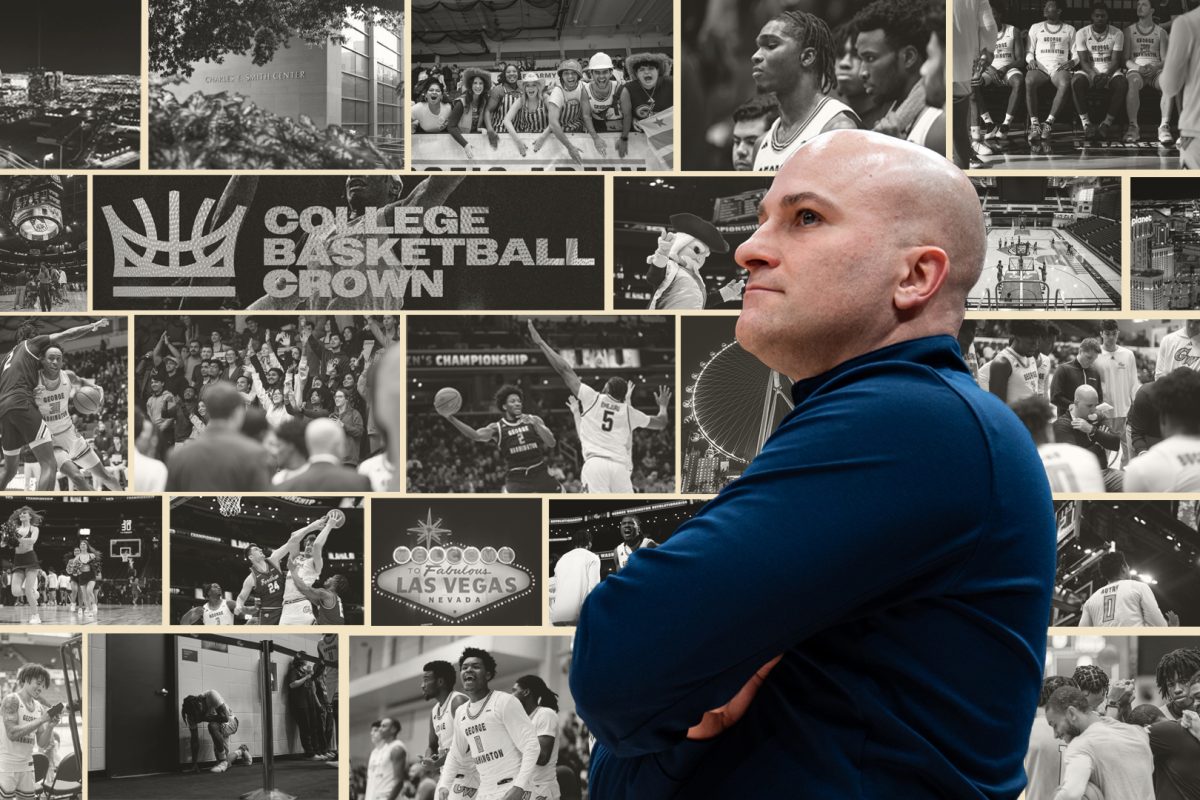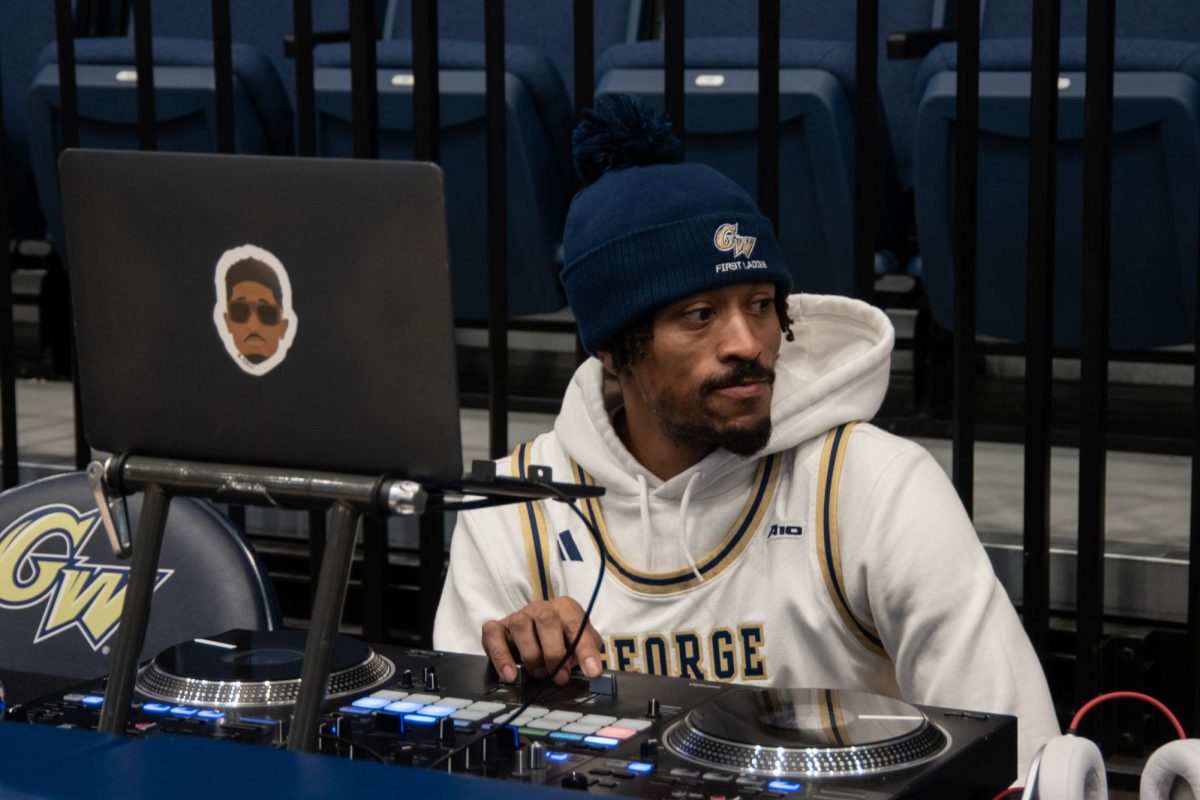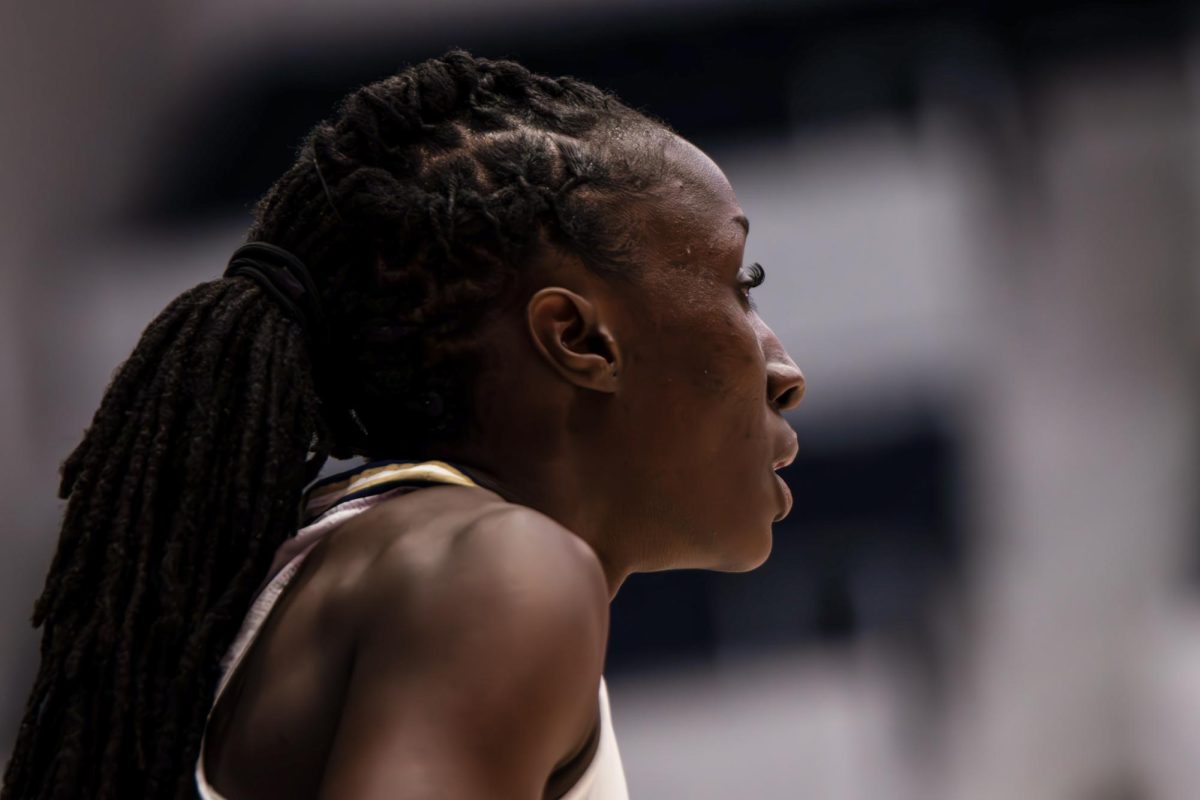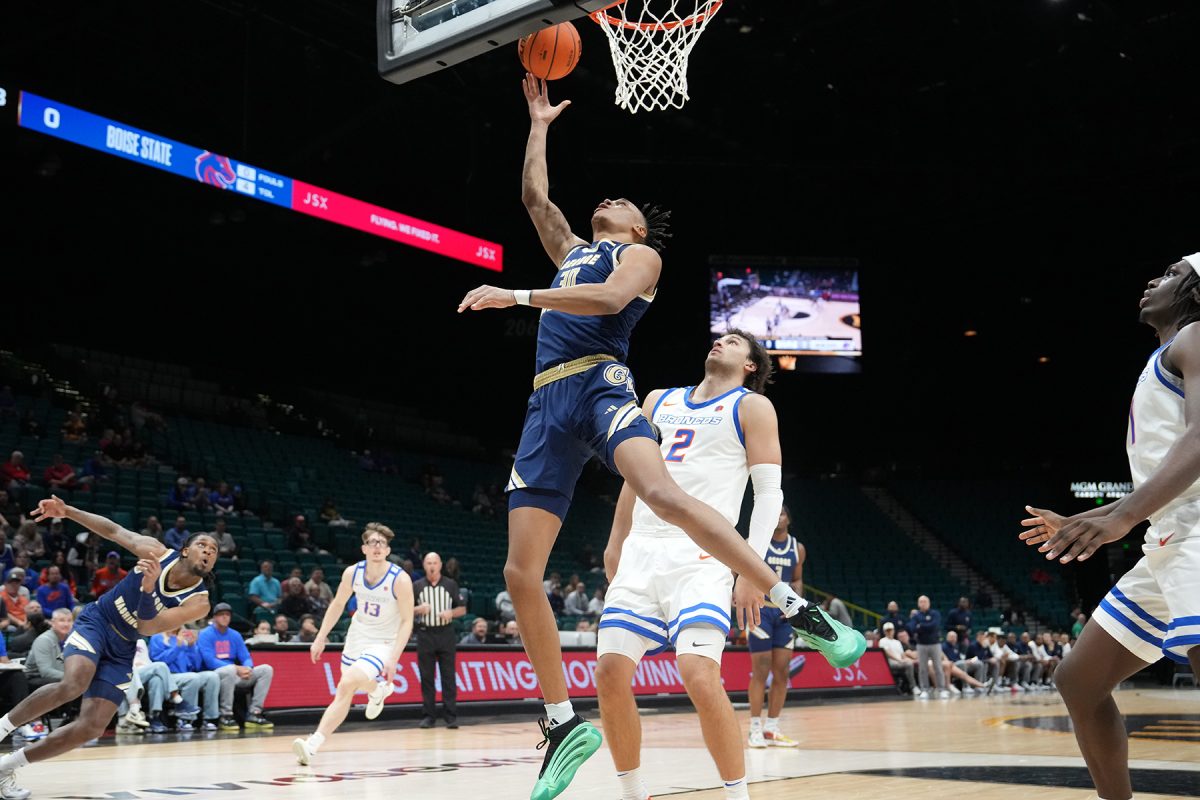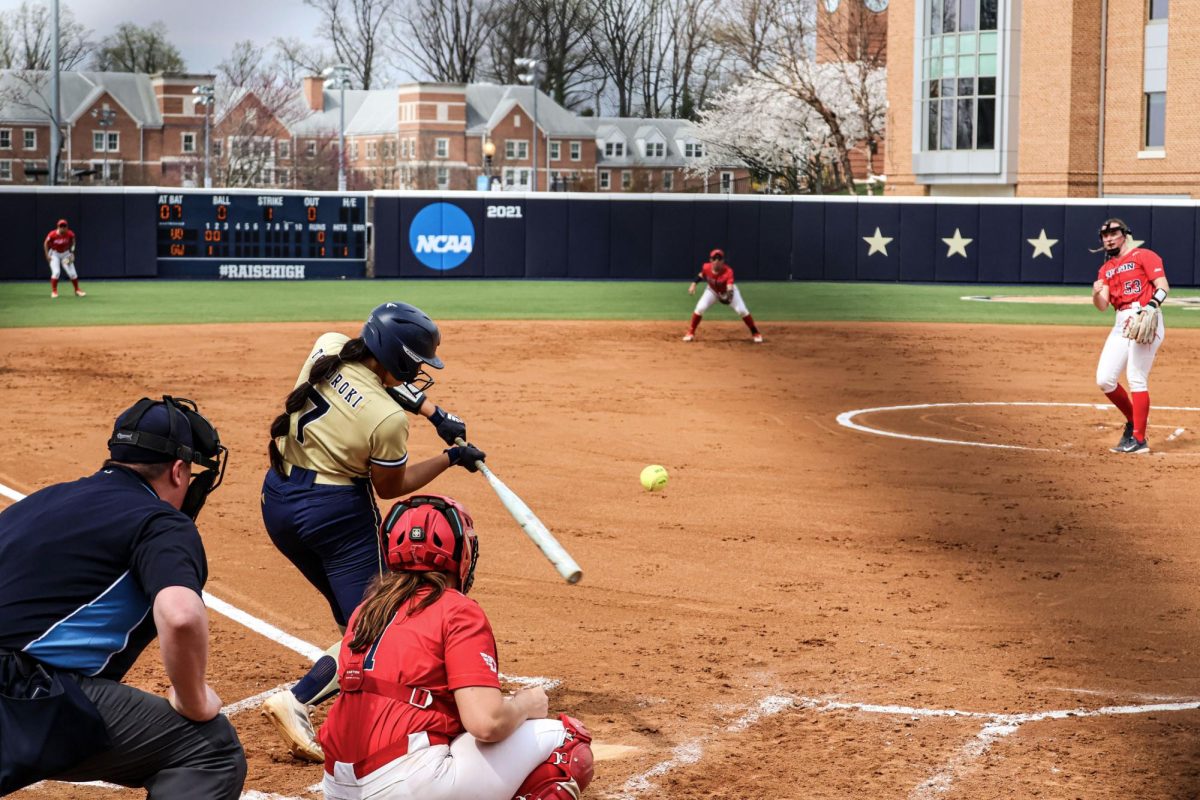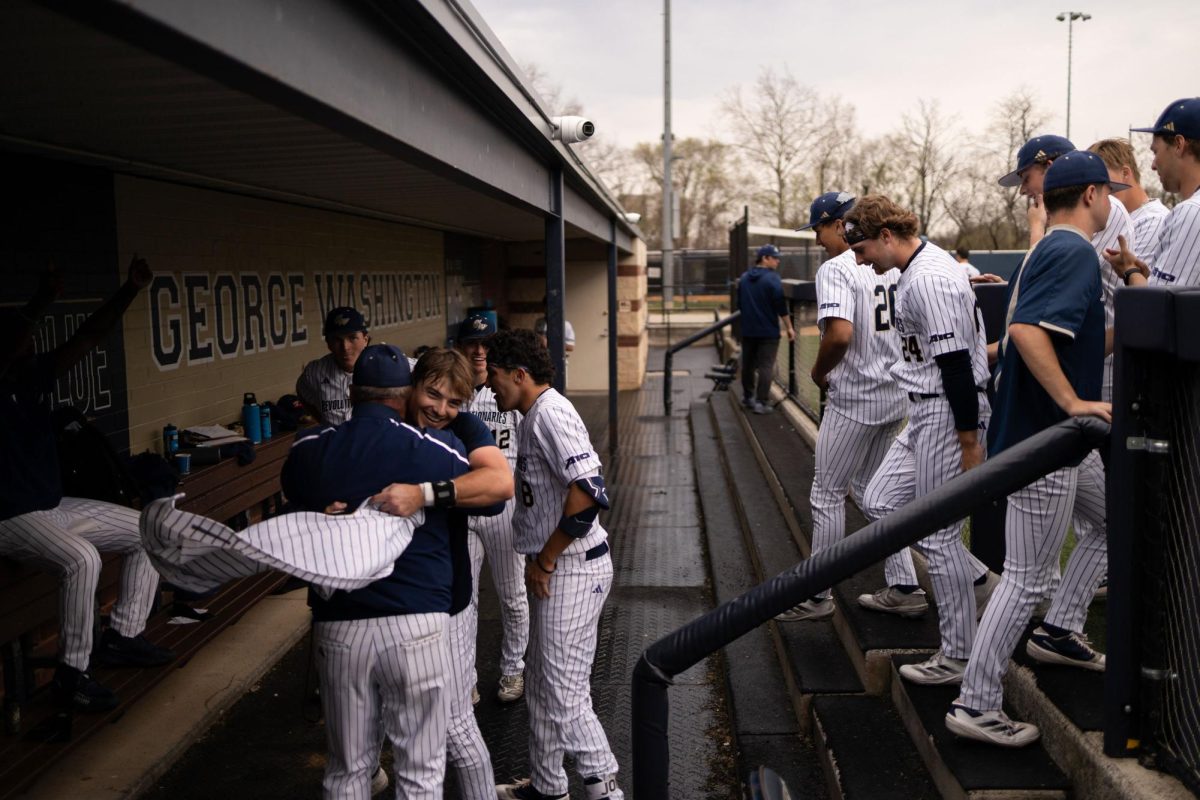Club sports leaders are trying to turn disappointment over the COVID-19 pandemic into motivation to practice and stay connected.
While varsity sports are bound by NCAA guidelines and supervised by coaches and support staff, club sports are largely student-run. Leaders of club sports like baseball, ultimate frisbee, women’s soccer and women’s basketball said they have used online communication, remote training and virtual recruiting to maintain operations remotely.
“For club sports, it’s hard to get the word out when you’re not on campus because it’s one of those things that’s more ingrained into campus life and it’s not something that’s always easy to find on GW’s website,” rising senior Maya Lilly, the president of the club women’s basketball team.
Leaders said the adjustments and cancellations to their schedules could hurt club teams financially, because players need to pay out of pocket to attend tournaments. Lilly said she is hoping the Student Association will offer teams funding for tournaments they paid to attend but were canceled amid COVID-19.
Club leaders said the pause also hurt clubs’ recruiting processes, especially if it continues into the fall semester. Many teams rely on the spring season to connect with potential recruits, and Lilly said the women’s basketball team uses the fall semester to raise awareness and hold tryouts.
Rising senior John Guerrette, the president of club ultimate frisbee, said he plans to embrace the new virtual reality and get creative with recruiting. Guerrette said he and the team will use the club’s social media accounts to message potential recruits and coordinate with them about joining the squad.
“We’re just going to try and keep them in the loop as much as we can and try to incorporate them in our team,” Guerrette said.
He said ultimate frisbee’s spring season is more competitive and strenuous than the fall because it includes the squad’s championship leg. Teams compete in sectionals with the hopes of landing a spot in the regional competition, ultimately setting its sights on the national competition. Guerrette said the timing of the pause hurt the team’s attempt to make a deep run in spring competition.
During the pause, teams also took different approaches to conditioning and maintaining fitness levels. Leaders from club programs like baseball and women’s basketball said they asked their players to train individually, while leaders from women’s soccer and ultimate frisbee distributed workouts for members to follow.
Guerrette said during a normal year, ultimate frisbee players would spend the summer competing in leagues or playing with professional club teams. But he said players are struggling to continue ultimate frisbee play while games and practices are canceled during the pandemic.
“It’s easy to stay conditioned, but it’s hard to keep playing ultimate frisbee because most people can’t toss a disk with people right now,” Guerrette said.
Junior Jack Lamar, the club baseball’s travel liaison, said it would be almost impossible to have any type of season if the fall semester was online. He added that because players are from all over the country, he can’t hold practices or matches online.
“The key for us being able to play is everyone being on campus,” Lamar said.
Jenny Deveaux, the vice president of club women’s soccer, said the Region I Club Soccer League – the conference in which the squad competes – is considering adjustments for an online semester, including possibly pushing the regional competition from October to the spring. But she added that the competition would ultimately be canceled if the new date was met with adverse weather conditions.
Deveaux said that despite being apart from her squad, she’s stayed connected with teammates by running together through Charity Miles, an app that tracks how many miles have been run and donates funds to a charity of choice.
“I feel like this has pushed us to find more ways to be connected,” she said. “We aren’t super connected over the summer, so it’s a new way of looking at things.”


